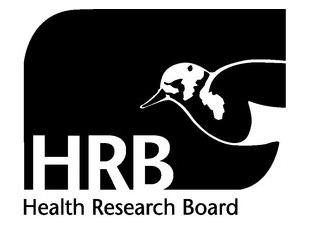The influence of interactions between selenium supply biomarkers and genetic variation and gene expression in the selenium pathway on CRC risk and survival
Selenium (Se) is an essential micronutrient for human health although its intake is sub-optimal in much of Europe, including Ireland. This may contribute to several diseases including colorectal cancer (CRC). Se is incorporated into selenoproteins in the body which perform several necessary cell functions. Both Se intake levels and variants in selenoprotein genes have been linked with CRC development and survival outcomes. In our ongoing HRB funded award we are currently genotyping several selenoprotein variants and measuring blood Se levels (as a biomarker of Se status). However this restricts our work to only a few candidate variants in a limited number of selenoproteins (6/25) and it is not known which selenoproteins are critical in maintaining colonic health. Based on our earlier work we hypothesize that Se interactions due to a combination of dietary Se levels and variation in selenoprotein pathway genes plus other biological pathways influenced by Se intake affect CRC development and clinical outcomes of the disease. Therefore, we propose to examine large European cohorts of individuals with CRC (cases) and those free of disease (controls) to answer: (1) Which common changes in the 25 selenoprotein genes and their biological partners influence CRC risk (2) Whether levels of the main Se transport protein SePP in the blood shows any significant differences in cancer patients compared to controls (3) Whether the expression of selenoprotein genes (i.e. how active the gene is) differs between cancer and normal tissue, and (4) Whether combinations of these factors modify CRC risk and clinical outcomes. This comprehensive study will contribute considerably to our understanding of the role that Se plays in development of CRC risk in European populations. It will help provide informed dietary Se recommendations (and enable planning of targeted Se supplementation trials) for CRC prevention and management in Irish and European countries.
 This project is funded by HRB.
This project is funded by HRB.